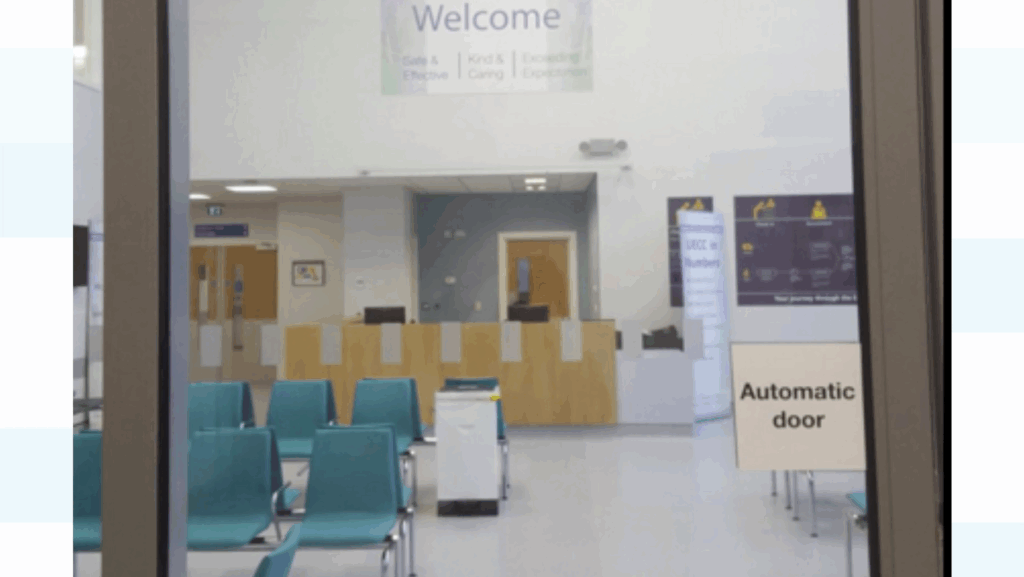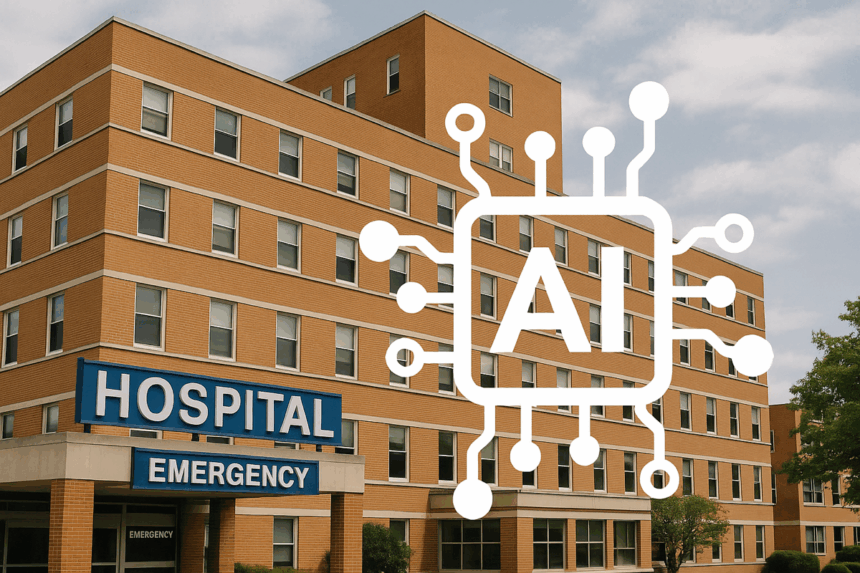Artificial intelligence (AI) is no longer just a buzzword in healthcare. Across the United Kingdom, hospitals, general practitioners (GPs), and regulatory agencies are exploring AI to improve efficiency. AI in U.K. healthcare is crucial for supporting medical decision-making and enhancing patient outcomes. From transcribing consultations to spotting diseases earlier, AI is being trialled in real-world clinical settings. The NHS, research groups, and regulators such as the Medicines and Healthcare products Regulatory Agency (MHRA) are all playing critical roles. They shape how AI can support doctors, nurses, and patients.
What’s Happening & Why This Matters
NHS Pilots and AI Use Cases

The NHS England has outlined a roadmap for AI adoption. They predict general practice will be among the most affected workforce areas. AI is already used in chest imaging for COVID-19 diagnoses, dermatology referrals, retinal screenings, and antimicrobial stewardship. In the context of AI in U.K. healthcare, tools like NHS 111 online are experimenting with AI-driven triage systems. These aim to guide patients more efficiently. NHS England stresses the importance of regulated development, robust clinical validation, and collaboration. Doctors, engineers, and data scientists are all involved.
Doctors’ Perspectives on AI
A study commissioned by the General Medical Council (GMC) found that many U.K. doctors already use AI. Usage is either through workplace adoption or personal curiosity. In examining AI in U.K. healthcare, applications fall into three broad categories: generative AI (such as ChatGPT), diagnostic and decision support systems, and efficiency tools. These tools predict missed appointments or optimise workflows. Doctors reported improved efficiency and the ability to reduce bias and human error. Still, they remain cautious, often double-checking AI outputs for accuracy, and stress that ultimate responsibility stays with them.

Shaun Gallagher, Director of Strategy and Policy at the GMC, explained: “It’s clear that AI’s use in healthcare will continue to grow and projects like these give valuable insights into how doctors are using these systems day-to-day.” The sentiment reflects both optimism and caution. Doctors balance benefits with risks such as data bias, patient confidentiality, and overreliance on automation.
Hospital and GP Trials
At New Cross Hospital in Wolverhampton, clinicians are using AI tools to support diagnoses and speed up patient care. Similarly, a GP practice in Jersey is testing an AI transcription service. The system captures doctor-patient consultations, attempting to cut admin work and give doctors more time with patients. Feedback shows that AI in the U.K. healthcare can reduce workloads. However, concerns remain about accuracy, data governance, and whether technology adds or reduces clinical burden.

Regulation and Safety Measures
The U.K. is positioning itself as a leader in healthcare AI regulation. The MHRA has joined a new global network of regulators to oversee the safe use of AI in medicine. The focus on AI in the U.K. healthcare includes creating clear frameworks that allow innovation while protecting patients. The guidelines include rigorous validation, ongoing monitoring, and reporting systems for potential risks. These are similar to how new drugs or medical devices are managed.
NHS guidance also stresses that algorithms must avoid reinforcing existing health inequalities. For example, AI trained mostly on lighter skin tones performed poorly in detecting melanoma on darker skin. To mitigate such risks, developers are encouraged to use diverse datasets. They should also publish transparent “model cards” explaining training data and system limitations. Transparency and oversight are critically important in AI applications in the U.K. healthcare.
TF Summary: What’s Next
The U.K.’s healthcare sector is accelerating its adoption of AI. Hospitals, GPs, and regulators are running pilots and shaping the standards for safe, fair, and effective use of the technology. Discussing AI integration in U.K. healthcare, while enthusiasm is high, the integration of AI into medicine will hinge on addressing trust, bias, and workflow concerns. Doctors are clear that technology should support — not replace — their judgment.
As more AI systems prove their worth in clinical trials, adoption across the NHS could expand rapidly. The combination of regulatory leadership, on-the-ground testing, and professional oversight makes the U.K. a global model for healthcare AI.
— Text-to-Speech (TTS) provided by gspeech


